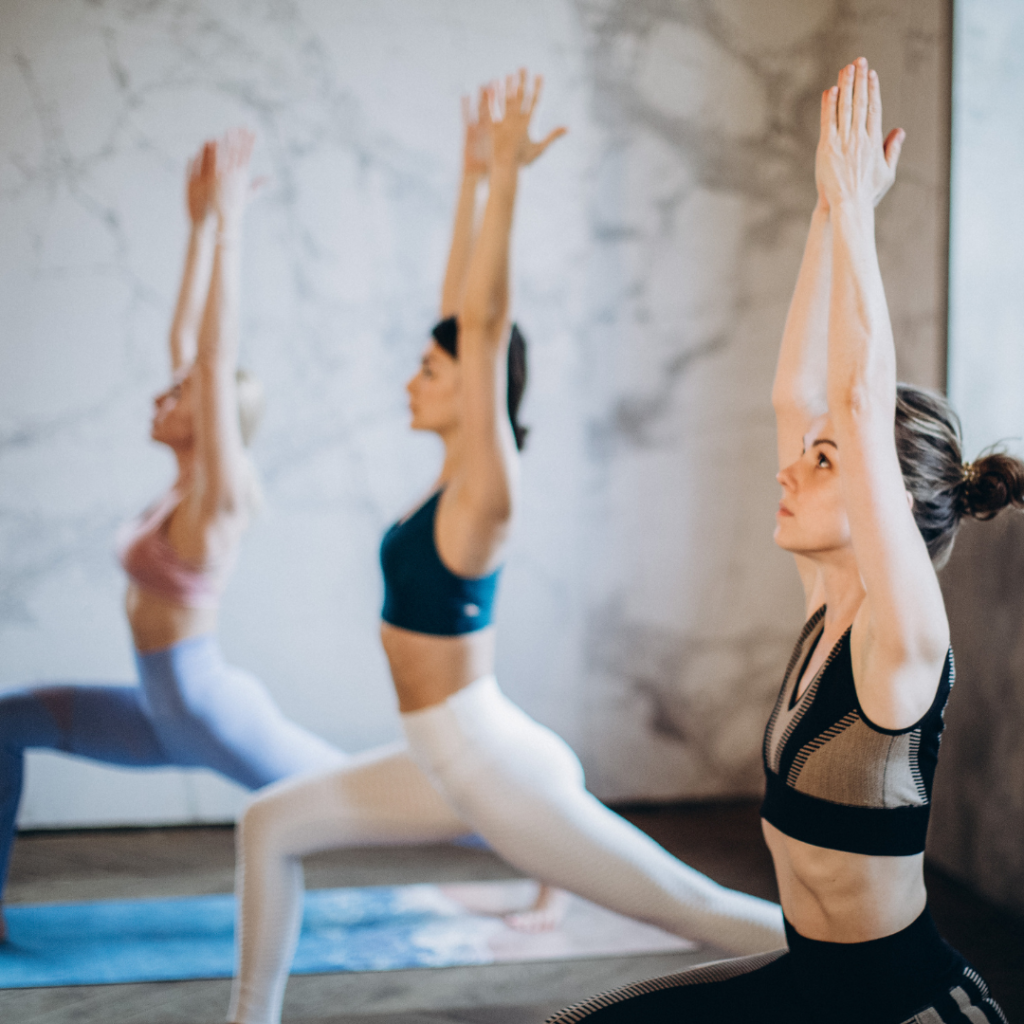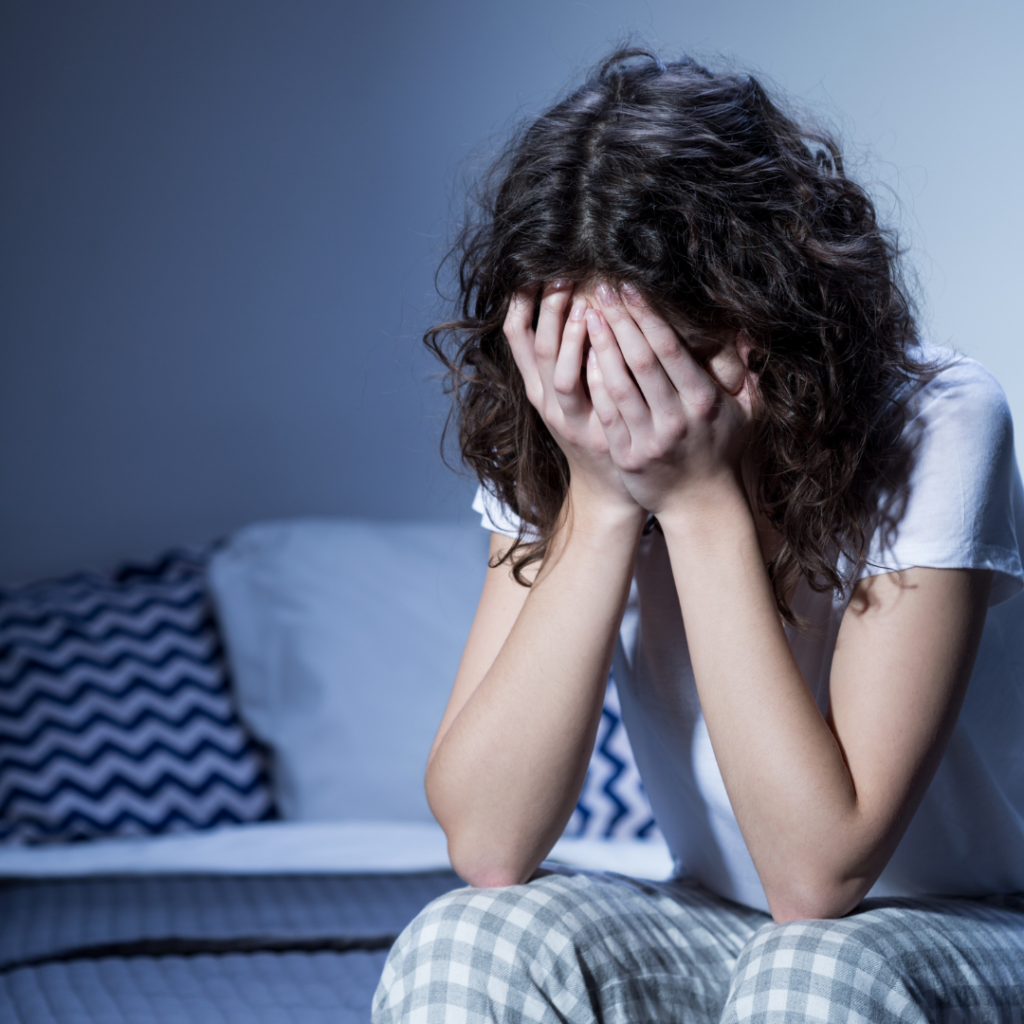A true ally of sleep, the positive effects of sport manifest in several ways. Engaging in physical activity can promote sleep duration and provide better quality sleep. This is due to energy expenditure, hormonal stimulation, and better regulation of sleep-wake rhythms caused by circadian rhythms.
The influence of sport on sleep
The cell growth hormone secreted during exercise helps tissues rebuild and thus be more active. This hormone level also acts on the muscles to relax them, allowing them to replenish their energy reserves.
Sport also lowers your body temperature while you sleep, which facilitates the elimination of toxins and waste from your body.
Moderate physical activity (comparable to an effort where it is difficult to talk) first produces healthy physical fatigue. After exercise, you fall asleep faster, have fewer nighttime awakenings, and experience fewer sleep disorders such as insomnia.
Sport triggers the release of hormones such as dopamine, which contribute to feelings of well-being and relaxation. These are essential for reducing stress levels, eliminating negative thoughts, and promoting overall good sleep. As the saying goes, happy minds sleep better!
What studies say
According to several scientific studies, regular sports practice can specifically affect deep slow-wave sleep. This is a stage of the sleep cycle during which we are in deep sleep and our body does not move. Conversely, the phases of REM sleep are shortened. The slow-wave sleep phase is an essential phase of our sleep, especially for the recovery of our body. However, its effects will only be visible if the athlete uses more than 60% of their respiratory capacity during physical exercise.
The benefits of sport on certain sleep disorders
Physical activity is also beneficial in combating sleep apnea syndrome, a condition that causes breathing pauses during sleep and, in the long term, cardiovascular problems. By activating the tone of the pharyngeal muscles, the severity of the symptoms will be reduced.
The same goes for restless legs syndrome, a neurological disorder that causes an uncontrollable urge to move the legs and can cause sensations such as electric shocks. Engaging in physical activity reduces nighttime awakenings due to pain.
Finally, physical activity is beneficial for sleep-onset insomnia. Physical activity during the day helps to relax and decompress between daytime activities (work, family, leisure, etc.) and nighttime activities.
Sports to practice for better sleep
It goes without saying that all physical and sports activities are essential for our good health. They are all good for promoting good sleep and are always better than a sedentary lifestyle.
However, some studies and sleep specialists have highlighted that the effect of physical activity on sleep differs depending on the type of sport practiced.
Sports that require attention and a competitive spirit, such as ball sports (soccer, basketball, volleyball, etc.), dynamic muscle strengthening, tend to delay sleep.
Endurance sports like jogging, hiking, or elliptical cycling, on the other hand, promote sleep onset when practiced at an intense pace.
Gentle intensity sports such as yoga, meditation, and Pilates are ideal to practice in the evening before bedtime. They help to release the day's tensions and facilitate the entry into the sleep phase. But they also promote better quality sleep.

Precautions to take
Sport and sleep are two closely related concepts, each promoting the other. However, their balance is fragile. As you may have already noticed, a bad night or lack of sleep makes training less effective. Your physical recovery will be less efficient, and you will feel more sore and/or inflamed due to exercise. Conversely, a lack of physical activity can affect sleep by delaying sleep onset and causing micro-awakenings during the night.
Although sport plays a major role in sleep, you should not overdo it. Too intense physical activity can cause sleep disturbances. When you engage in physical activity, your body temperature increases, as does the heart rate, leading to hyperstimulation. This delays your sleep onset phase.
To keep sport beneficial for sleep, here are some tips:
- Avoid training too late in the evening. Your body needs to lower its temperature to enter the sleep phase; however, physical activity increases it. So, prefer a session 3 to 4 hours before the time you wish to go to bed.
- Take a cold shower at the end of your workout. On the one hand, it will lower your body temperature. On the other hand, it will promote muscle recovery and limit the risk of soreness in the hours following your workout or the next day.
- Take a nap of 20 to 30 minutes after an intense effort, especially if you are preparing for a race or a trail, for example.
Final words
The benefits of sport on sleep are numerous. A good night's sleep allows for overall relaxation and complete muscle relaxation, especially those that were exerted during the effort. This rest phase is essential for their regeneration. But to recover well, you need the right equipment. The Sleepit pillow was developed to offer you optimal recovery and allow you to perform well the next day. Discover it here.
Are you interested in the close link between sport and sleep? We recommend reading these articles:
- Regenerate your muscle mass through sleep
- Understanding the close link between sport and sleep
- Sport and sleep: bad habits to avoid for better recovery
Find all our articles on this topic in this section.
The post The benefits of sport on sleep first appeared on Le journal de l'oreiller.




Leave a comment
All comments are moderated before being published.
This site is protected by hCaptcha and the hCaptcha Privacy Policy and Terms of Service apply.